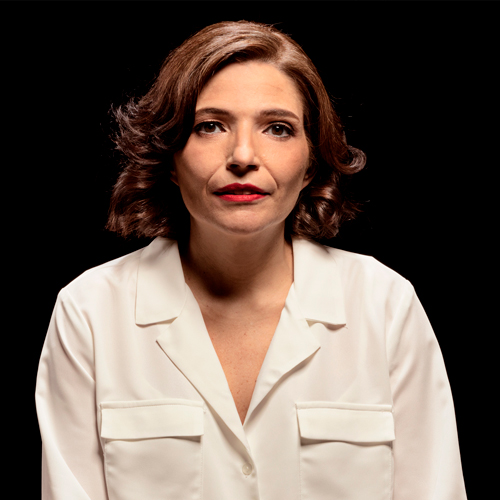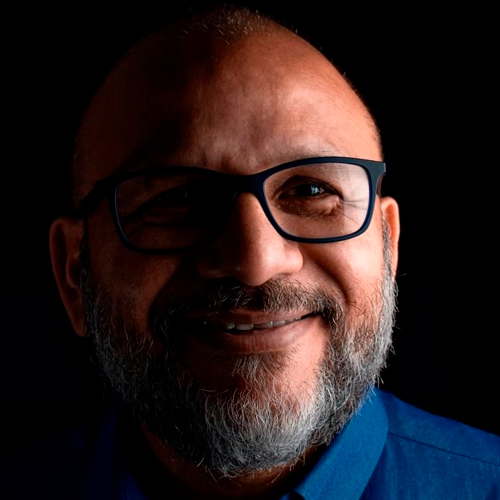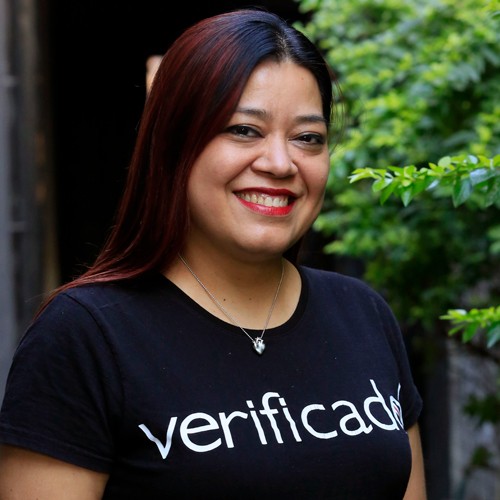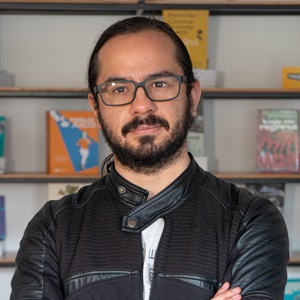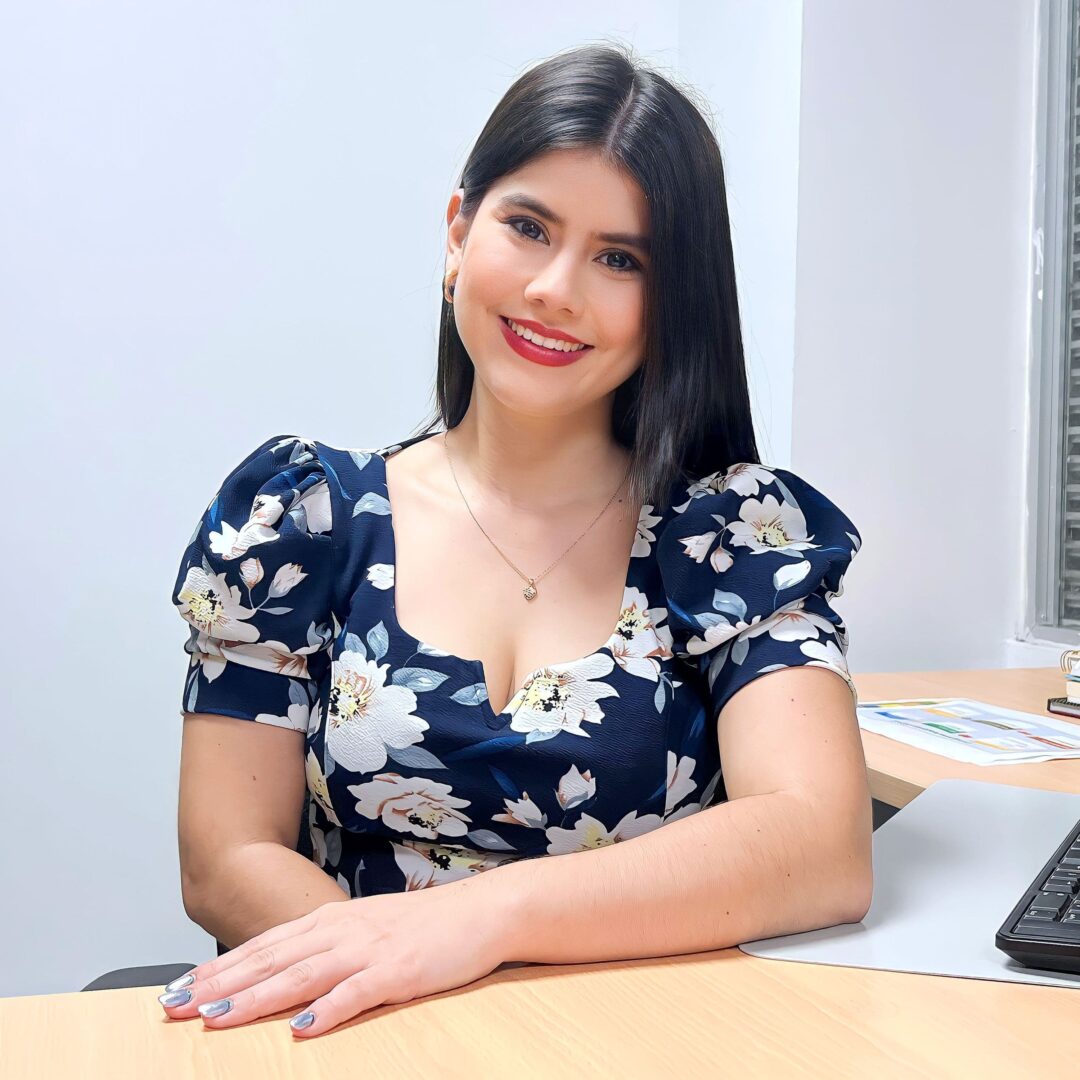Who we are
LatamChequea is a network of fact-checkers from across Latin America, the United States, Spain, and Portugal. It is led by Chequeado, from Argentina. It began in 2014 and currently brings together 48 organizations from 21 Spanish- or Portuguese-speaking countries. We also include organizations based in the U.S. that publish content in Spanish or carry out projects focused on Hispanic or Latino communities. Most members produce content in Spanish or Portuguese, though some also publish in English and Indigenous languages.
The network’s goal is to share experiences and tools that help improve the quality of public debate and foster collaboration between different media outlets in the region to increase the impact of fact-checking in our continent.
Members include various fact-checking media outlets: Chequeado, Bolivia Verifica, Chequea Bolivia, Lupa, Estadão Verifica, Aos Fatos, UOL Confere, FastCheck, Mala Espina Check, La Silla Vacía, Colombia Check, Doble Check, CubaChequea (Árbol Invertido), DeFacto (ElToque), Ecuador Chequea, Lupa Media, Infodemia, Voz Pública, FactCheck.org, El Detector (Univision Noticias), Factchequeado, PolitiFact, Infoveritas, Maldita, Newtral, Agencia Ocote, El Heraldo, La Prensa, Verificado, El Sabueso (Animal Político), Escenario Tlaxcala, Detrás del discurso, El Surtidor, Ojo Público, Verificador (La República), Polígrafo, Salud con Lupa, AFP, EFE Verifica, PolétikaRD, Cazadores de Fake News, Cotejo, Efecto Cocuyo, and EsPaja.
There are also consortia of media outlets — groups of organizations that join forces to fact-check specific issues such as elections — that participate in the network as observers. These include: Reverso (Argentina), Comprova (Brazil), and Ama Llulla (Peru). Contexto Factual (Chile) was also part of the network.
LatamChequea has no separate legal status and is coordinated by Chequeado, which is responsible for its maintenance and sustainability. At Chequeado, the network is coordinated by Franco Piccato (Executive Director), Olivia Sohr (Director of Impact and New Initiatives), and Martín Slipczuk (Special Projects Coordinator).
Following a vote held in São Paulo, Brazil, in 2024, a new governance system was adopted. Since 2025, the network has had a seven-member council that meets quarterly to help manage the network.
LatamChequea Council
What do all these media outlets have in common?
- Have published at least 50 fact-checks debunking misinformation in the past year (exceptions may be made and evaluated by the council).
- Have a publicly available verification and correction methodology.
- New member applications must be approved by the council.
What projects do we run, and how is the network funded?
The network is coordinated by Chequeado and funded through Chequeado’s own resources (you can view Chequeado’s funding sources here). Chequeado also raises and manages funds from international organizations, philanthropic institutions, and companies for specific projects.
Since its founding in 2014, the network has organized in-person events supported by: Civicus, the U.S. Embassy in Argentina, Facebook, Google News Initiative, IFCN, Luminate, Meta, NED, The Omidyar Group, Twitter, Uber, UNESCO, the European Union, and USAID.
The network has also developed various investigations and collaborative projects. During the COVID-19 pandemic, we launched LatamChequea Coronavirus, a database of all fact-checks related to pandemic misinformation. In 2021, we launched LatamChequea Vacunas, focused on countering vaccine misinformation. This project also included audiovisual content for social media. Both were supported by the Google News Initiative.
We published a series of investigations titled “The Disinformers”, which profiled key actors who systematically spread disinformation during the pandemic. These were initially supported by the Internet Society (ISOC) and NED.
Before that, nine outlets in the region worked together to fact-check disinformation around comprehensive sexuality education (CSE).
Together with UNESCO and funded by the European Union, we also developed PortalCheck, a resource hub offering tools and tips on how to verify information and avoid spreading misinformation. Later, we launched PortalCheck Elecciones, a version focused on electoral disinformation.
The network also provides training and talks for members, supports collaborative projects, and regularly sends out a newsletter with fact-checking updates across the region. You can subscribe here.
If you have questions or want to get in touch, write to us at: [email protected]


